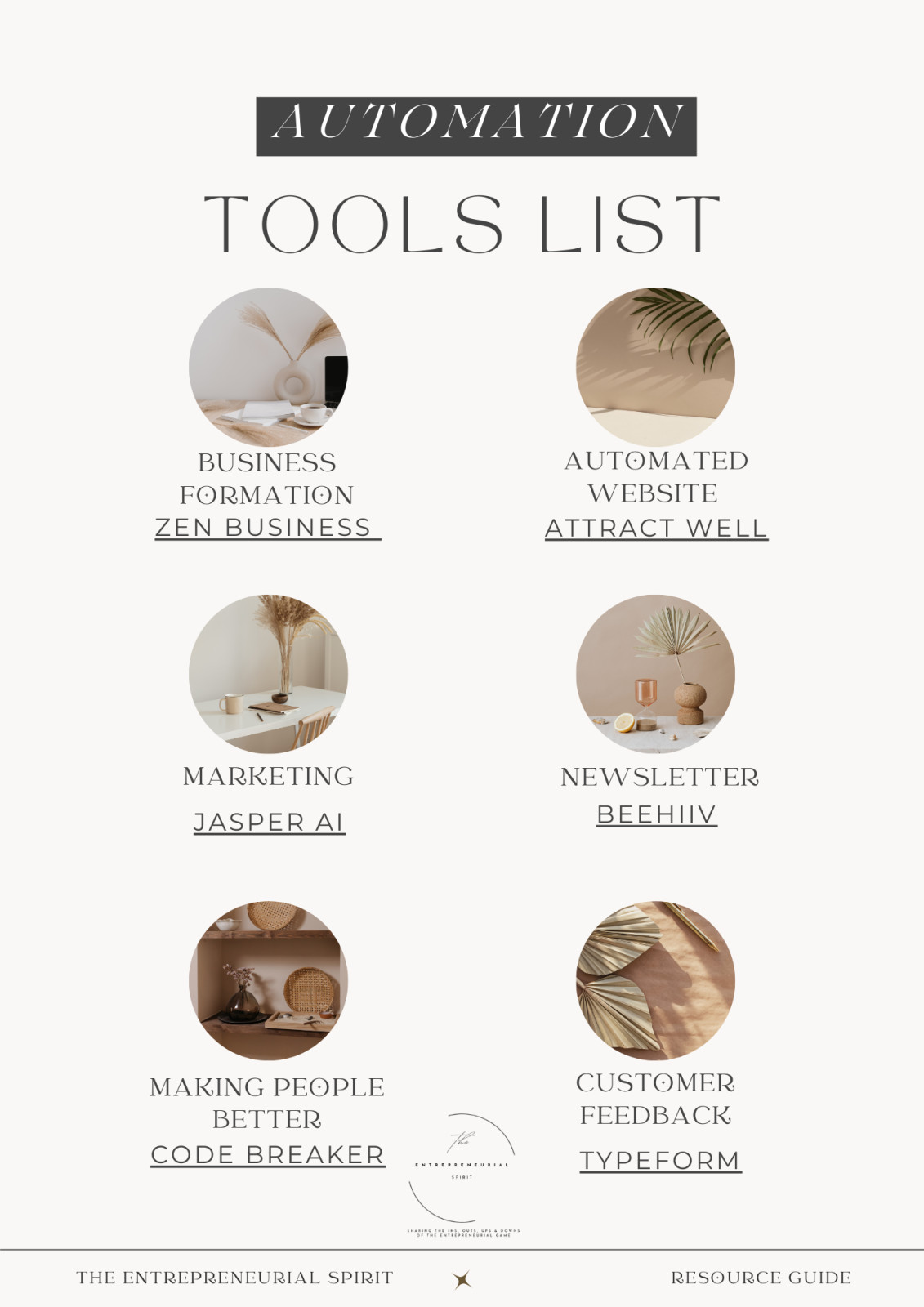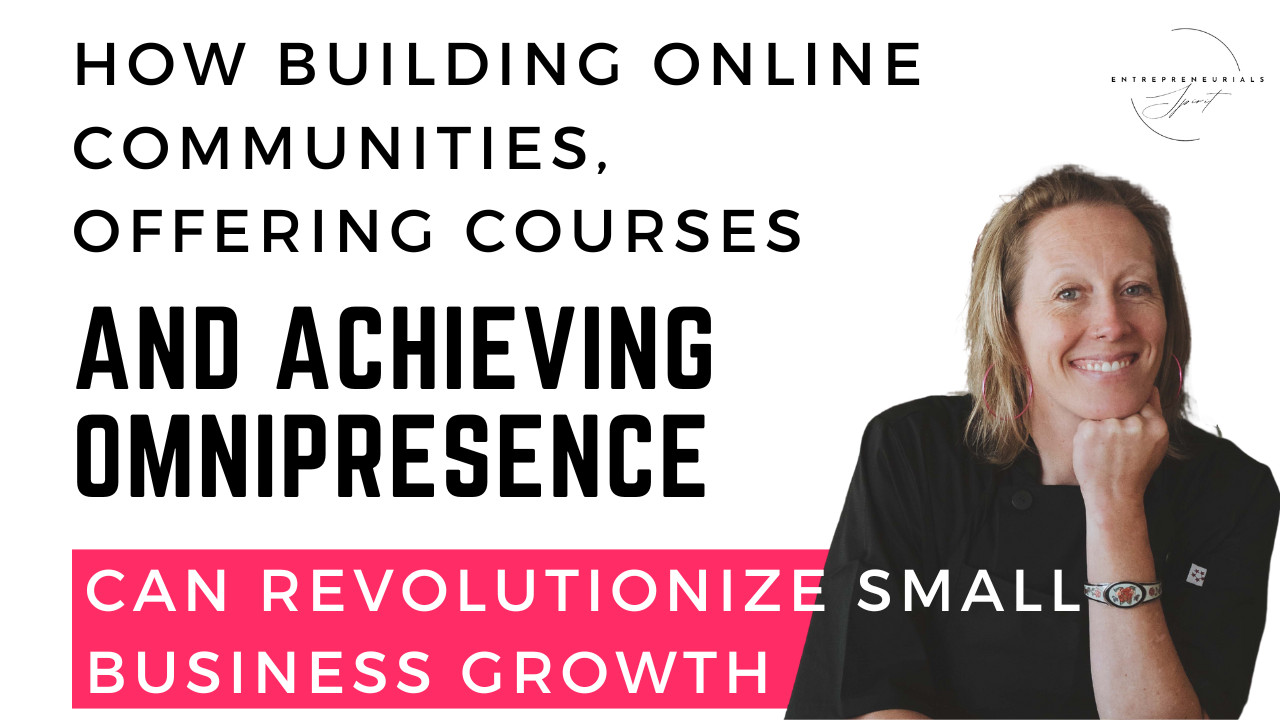
Running a successful food business is one thing, profitability is a whole different boogie.
Between managing staff, curating menus, and top notch dining experiences, the financial strain can often feel overwhelming.
What do you think most people struggle with the most when operating a food establishment?
➡ Staffing
➡ Time and work life balance
➡ Menu and Ingredient Management
WHAT is the number one thing that keeps a restaurant or catering co. unprofitable?
➡ The number one thing that keeps a restaurant unprofitable is poor inventory management. I sure hope you are doing inventory on the reg.
➡ Here's a complimentary spread sheet we've made you to help with inventory. Trust me, you need it.
➡ Please don't keep your money held up on the shelves of your kitchen.... but don't cut it so close that you run out of food regularly either. It's a dance.
why do you need someone to help with financial management in your business?
Chances are, as a chef you're more of a creative- but maybe you DO excel in financial management.... if you DON'T though, these are a few reasons why you need someone to help you.
- Improved Cash Flow: Ensuring that you have enough money to cover expenses.
- Increased Profit Margins: Reducing costs and maximizing revenue.
- Sustainable Growth: Building a stable foundation for future expansion.
- Peace of Mind: Reducing stress and allowing you to focus on your passion for food.
how to stop the bleed if you're Hemorrhaging cash and losing hope?
1. Streamline Your food Operations
Efficient operations are the backbone of a profitable restaurant. Here's how you can achieve it:
- Use POS systems to track sales and inventory.
- Implement scheduling software to manage staff shifts.
Delegate Wisely: - Train trusted staff to handle routine tasks.
- Create clear standard operating procedures (SOPs).
Optimize Inventory Management: - Conduct regular audits to reduce waste.
- Use just-in-time inventory to minimize holding costs.
2. Implement Smart Financial Practices
Consider these practices:
- Track all expenses and revenue streams.
- Use historical data to forecast future performance.
Manage Cash Flow Effectively: - Ensure timely invoicing and follow up on overdue payments.
- Negotiate favorable payment terms with suppliers.
Reduce Overhead Costs: - Evaluate and renegotiate contracts for utilities, rent, and supplies.
- Consider energy-efficient appliances to lower utility bills.
3. Explore Cost-saving Strategies
Cutting costs without compromising quality is key to improving profitability:
- Menu Engineering:
- Analyze each dish's profitability.
- Focus on high-margin items and consider removing low-performing ones.
- Control Portion Sizes:
- Standardize portion sizes to reduce waste and control costs.
- Bulk Purchasing:
- Buy in bulk to take advantage of discounts. (here's the inventory sheet we use. Feel free to print and make it your own)
- Form alliances with other local restaurants to pool purchasing power.
4. Access Funding and Financing
My advice is always to try and do it yourself, but if you CAN'T, have resources available for you:
Loans and Grants:
- Explore small business loans and government grants.
- Look into industry-specific grants for restaurants.
Investor Opportunities: - Pitch your restaurant to potential investors.
- Consider crowdfunding platforms for community support.
Alternative Financing: - Investigate options like equipment financing or merchant cash advances.
5. Develop a Winning Mindset
Your mindset plays a crucial role in navigating financial challenges:
Cultivate Resilience:
- Focus on your long-term vision, even when times are tough.
- Learn from setbacks and use them as opportunities for growth.
Stay Adaptable: - Be open to new ideas and willing to pivot when necessary.
- Continuously seek feedback and make data-driven decisions.
Build Confidence: - Celebrate small wins and acknowledge your progress.
- Surround yourself with a supportive network of mentors and peers.
6. Engage with your food community
Connecting with other chefs and restaurant owners can provide valuable insights and support:
Join Industry Associations:
- Participate in local and national restaurant associations.
- Attend industry conferences and events.
Network with Peers: - Share experiences and best practices with fellow restaurateurs.
- Collaborate on marketing initiatives or events.
Leverage Online Resources: - Join online forums and social media groups for restaurant professionals, like ours :)
- Access free webinars and workshops on financial management and business growth.
if I could offer you 2 tips of advice.... this is what they'd be....
1. Find a mentor (someone who has walked in your shoes)
2. Immerse yourself in learning how to set up systems to help you succeed. (systems are things that are implemented out of necessity.). If you're in enough pain, you'll change. Bottom line.
Ready to take your restaurant to the next level?
Sign up for our Free Business Planning Workshop to gain personalized insights and actionable steps tailored to your specific needs.

















0 Comments